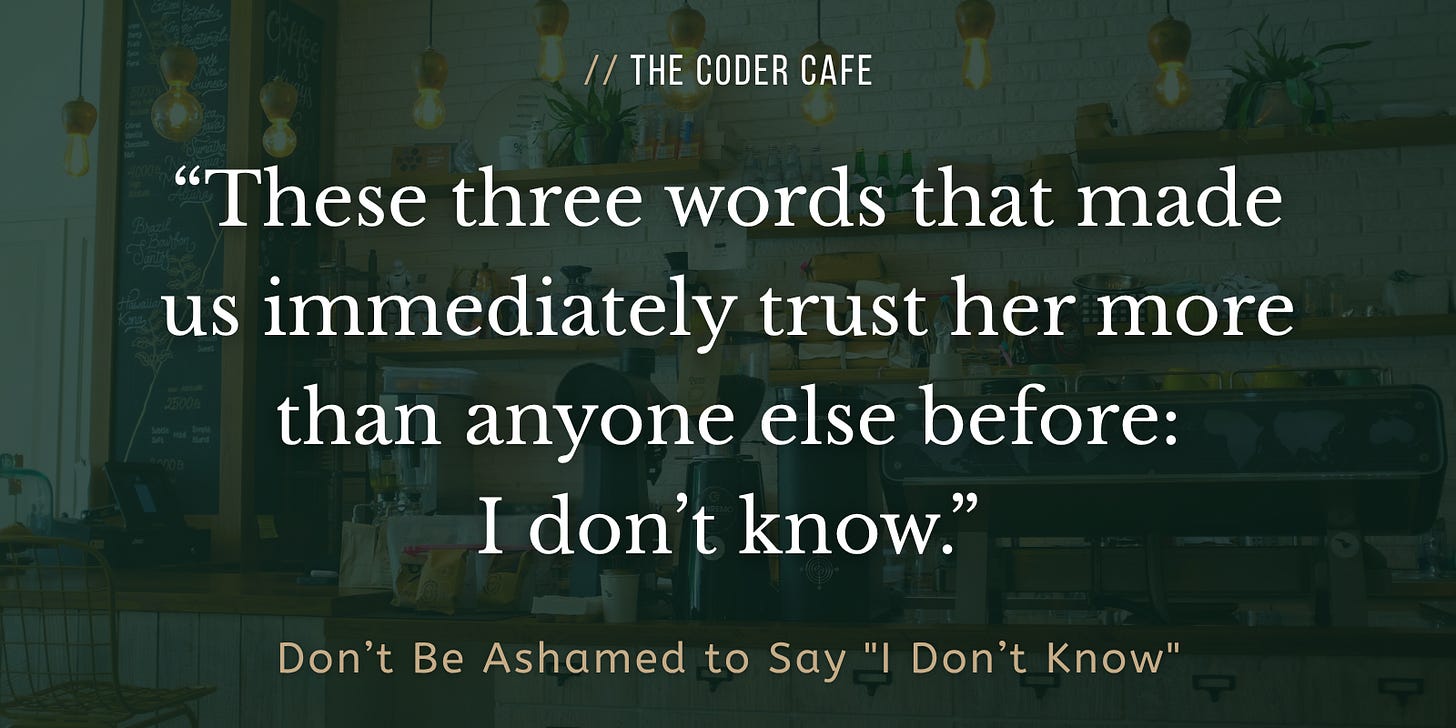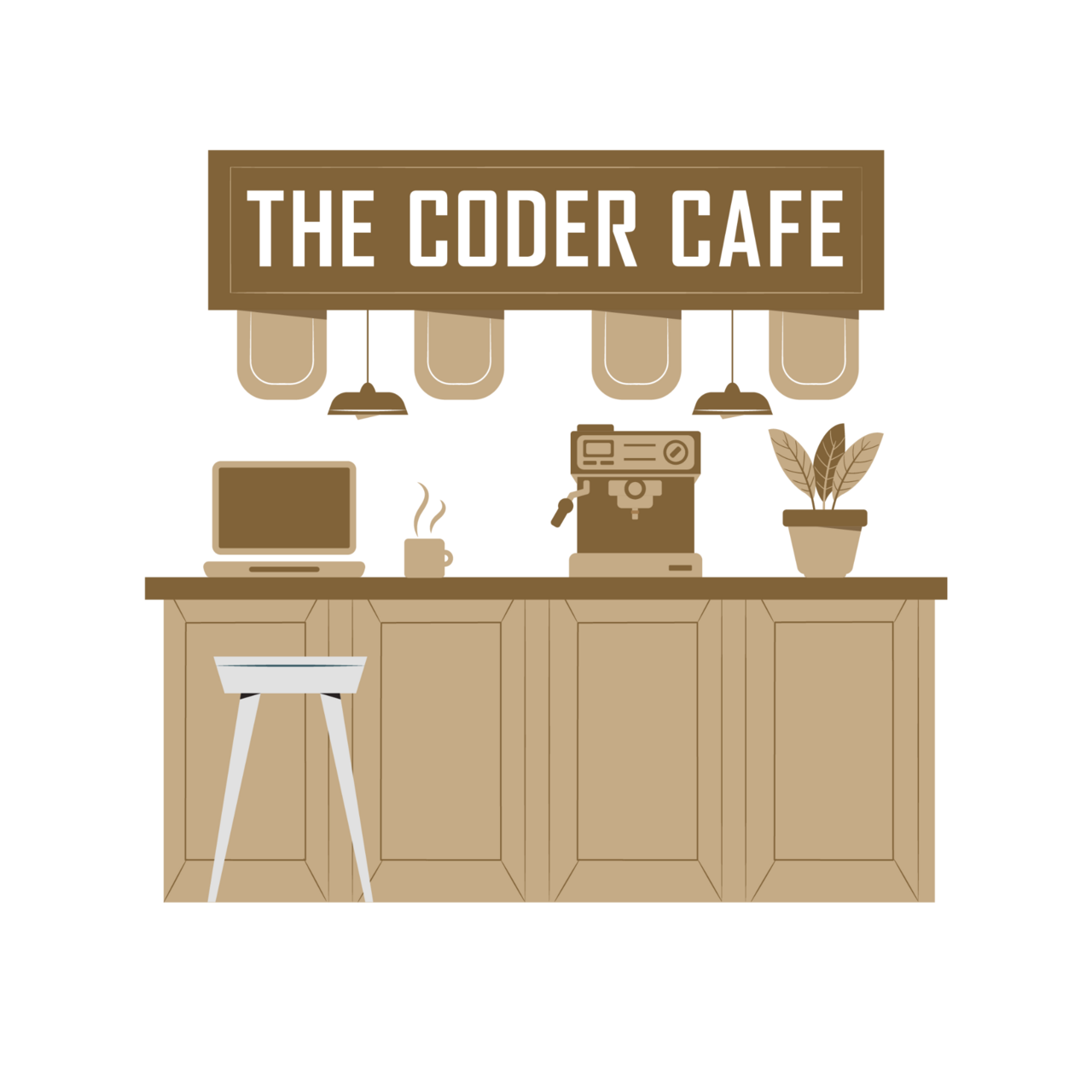Hello! Today, let’s discuss the power of “I don’t know“ with a personal story.
Last month, I was at the hospital with my partner for the birth of our newborn. During our stay, my partner experienced a specific symptom, and we wanted to understand what could be causing it. So we asked the midwife.
We immediately noticed the hesitation in her eyes. When she finally gave an answer, it came with a kind of forced confidence, and we both felt she wasn’t sure about it.
At our hospital, midwives do 12-hour shifts. So a few hours later, we asked the exact same question to the next midwife. Same hesitation, but this time, a different answer.
And so it went on. Every shift, we asked again. Every time, a different answer. Eventually, it even became a game between my partner and me: trying to guess what the next answer would be.
Until… The one. The one who broke this cycle.
We asked her the same question. She paused. Thought about it. And then said something unexpected:
I don’t know.
It might seem counterintuitive, but these three words made us immediately trust her more than anyone else before1.
Twenty minutes later, she even came back to our room and said:
I asked the doctor, the answer is because of [X]. Thanks for asking, I learned something.
That brief exchange resonated with me.
In our field, we often put a lot of weight on posture. We build up our position as the go-to person for a codebase, a data model, or a framework. The more we know, the more we are seen as the one to consult or include in any related discussion.
But from that posture, admitting we don’t know something can feel like pulling out the bottom card in a house of cards. Suddenly, it feels like everything we built to earn that status might collapse.
Yet, if we take a step back, admitting we don’t know shouldn’t be seen as something shameful or embarrassing. In fact, it’s often the most responsible thing we can do.
Pretending to know can lead to bad decisions. It creates false confidence and can steer a team in the wrong direction leading to possibly terrible outcomes.
Authority isn’t built on knowing everything. It’s about being reliable and honest, someone others trust, and they can talk to with confidence.
Teams work better when people feel safe to admit uncertainty. It fosters psychological safety among the team members, which Google identified as the top trait of effective teams.
Curiosity + humility = real learning. Admitting we don’t know something is what keeps us learning and growing, no matter how experienced we are.
Whether it’s for us or others, next time we don’t know something, let’s be like that midwife: let’s just admit it. Without shame.
💬 How comfortable are you with saying “I don’t know“?
❤️ If you made it this far and enjoyed the post, please consider giving it a like.
📚 Resources
More From the Beyond Code Category
Sources
Turns out, our gut feeling was right. She ended up being better than most of the other midwives we met.




